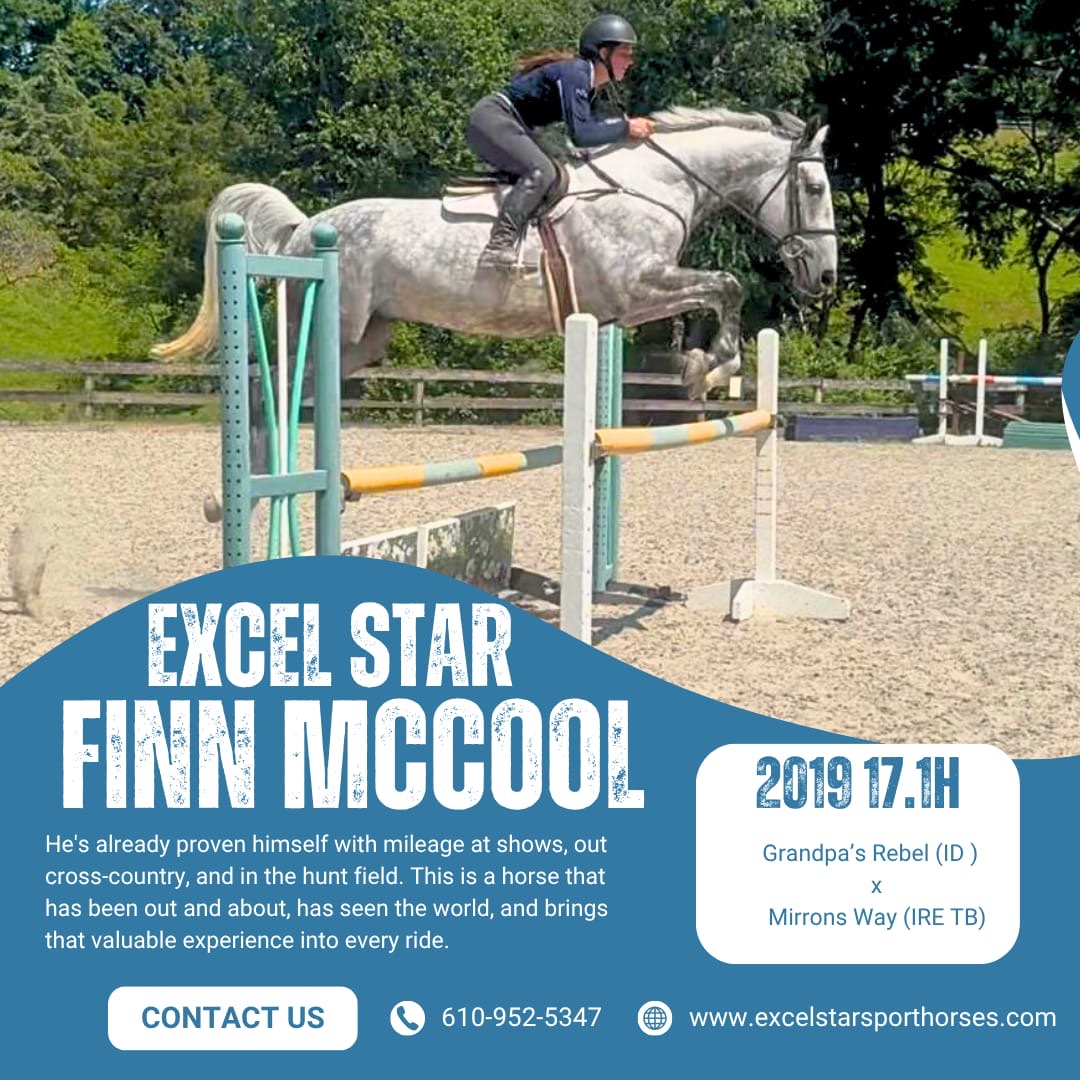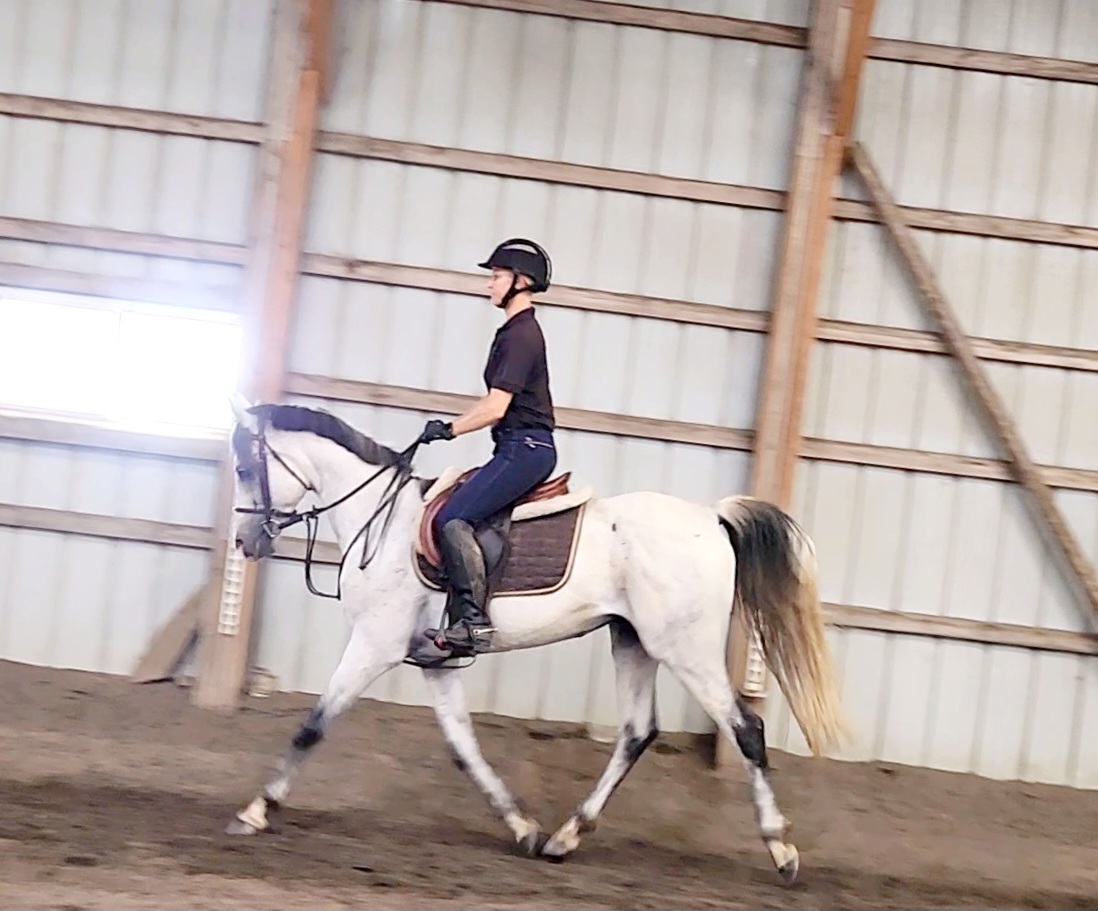
Photo via Cypress View Veterinary Clinic on Facebook.
Anyone involved with upper-level sport horses is probably having their horses tended to by a veterinarian with a sole equine focus, but many equine veterinarians out there practice medicine on a broader scale and treat any manner of large animal species. Some large animal veterinarians even tend to reindeer, which is especially important this time of year, of course. Prior to Santa stocking his sleigh and taking flight on Christmas Eve Dasher, Dancer, Prancer, Comet, Cupid, Donner, Blitzen, and Rudolph all got a visit from Dr. Michelle Rowe to make sure they were in top shape ahead of their big night. Check out the entire photo album here.
Another example: a veterinarian from Cornell University treated cataracts in a pair of reindeer in time for them to enjoy the holiday season. Cataract surgery was performed by Dr. Eric Ledbetter, an ophthalmology specialist at Cornell University Equine and Nemo Farm Animal Hospital. Dr. Ledbetter had previously treated cataracts in all sorts of animals including horses, but these were his first reindeer. One of the trickiest parts of the surgery was figuring out how to position the reindeer without damaging their antlers or having them implale the surgeons! [Cornell Chronicle]
If you have a horse who is at-risk for laminitis, consider palpating their hooves and digital pulse twice daily. Since there’s no cure for laminitis, early recognition and prevention are extremely important. Honoria Brown, a student from the University of Cambridge Veterinary School in England, dug through the literature and compiled the current research available about hoof wall temperature and digital pulse pressure as early identifiers of laminitis. Honoria reviews her finding in a short (3 minute) audio clip, which is super informative and well worth a listen! She concludes that a significant increase in hoof wall temperature that is maintained for more than half a day indicates that the onset of lameness due to acute laminitis is one day away and a “bounding” digital pulse indicates that acute laminitis is half a day away. [The Hoof Blog]
Improving nutrition is a popular New Year’s resolution for many people. You may want to think of extending it to your horse, too! Take a close look at your horse’s feed label and check that you are feeding it at the recommended amounts. Take measure to reduce ulcers like feeding smaller, more frequent meals. Learn how to body condition score and monitor it regularly. The Horse has some great suggestions for great resolutions you can make to perfect your horse’s feed regimen. [The Horse]
As horse owners and competitors, we want to give our equine athletes every opportunity to feel and perform their best. Keeping up to date with the latest news in horse health and medicine is an important part of that, and it’s why Medivet Equine is bringing you the latest in horse health news each week.
Following the medical model of “do no harm,” MediVet Equine develops scientifically based therapeutics enabling the horse to call on its own healing ability, thus achieving its full performance potential. MediVet Equine provides effective, all natural, drug free products and lab services designed to optimize the overall health of performance horses. They specialize in regenerative treatments that help the body heal itself to get stronger naturally. Boyd Martin has several of his top competitive mounts on MediVet ACS, and has had terrific results!



















